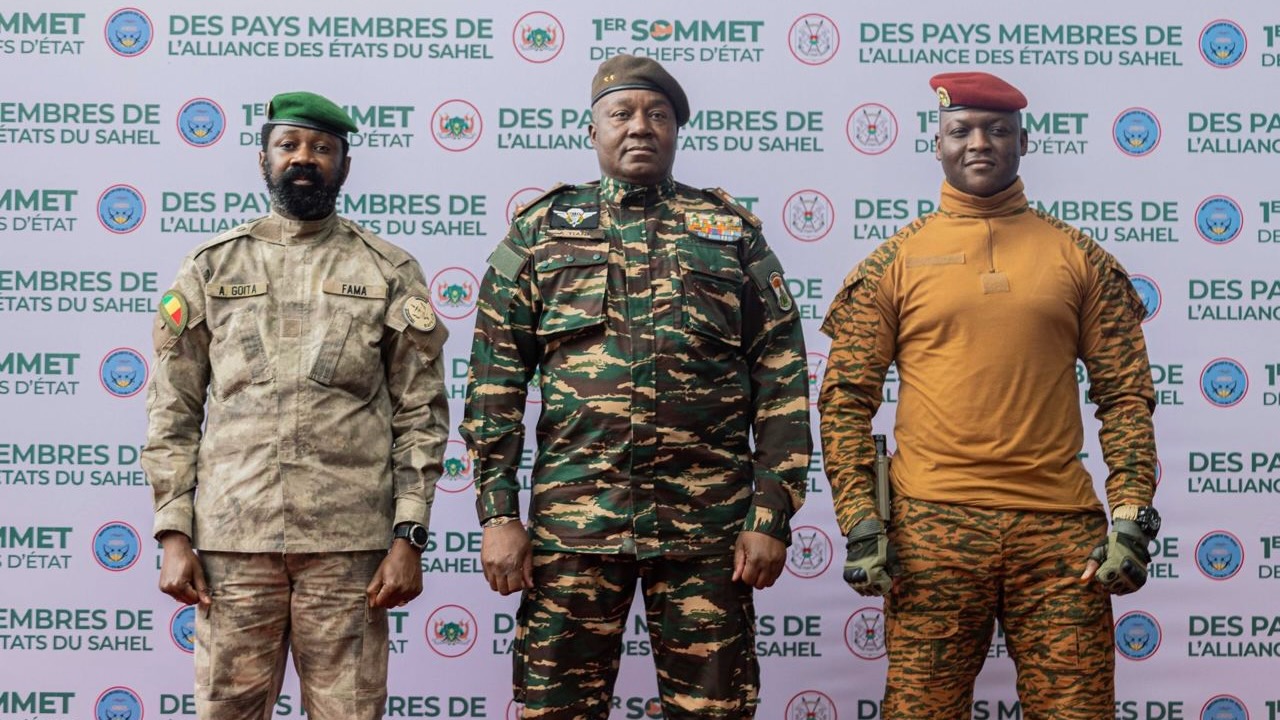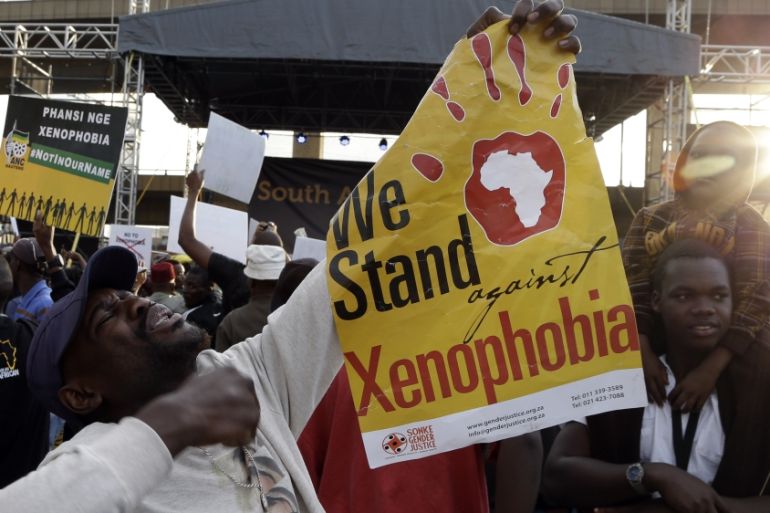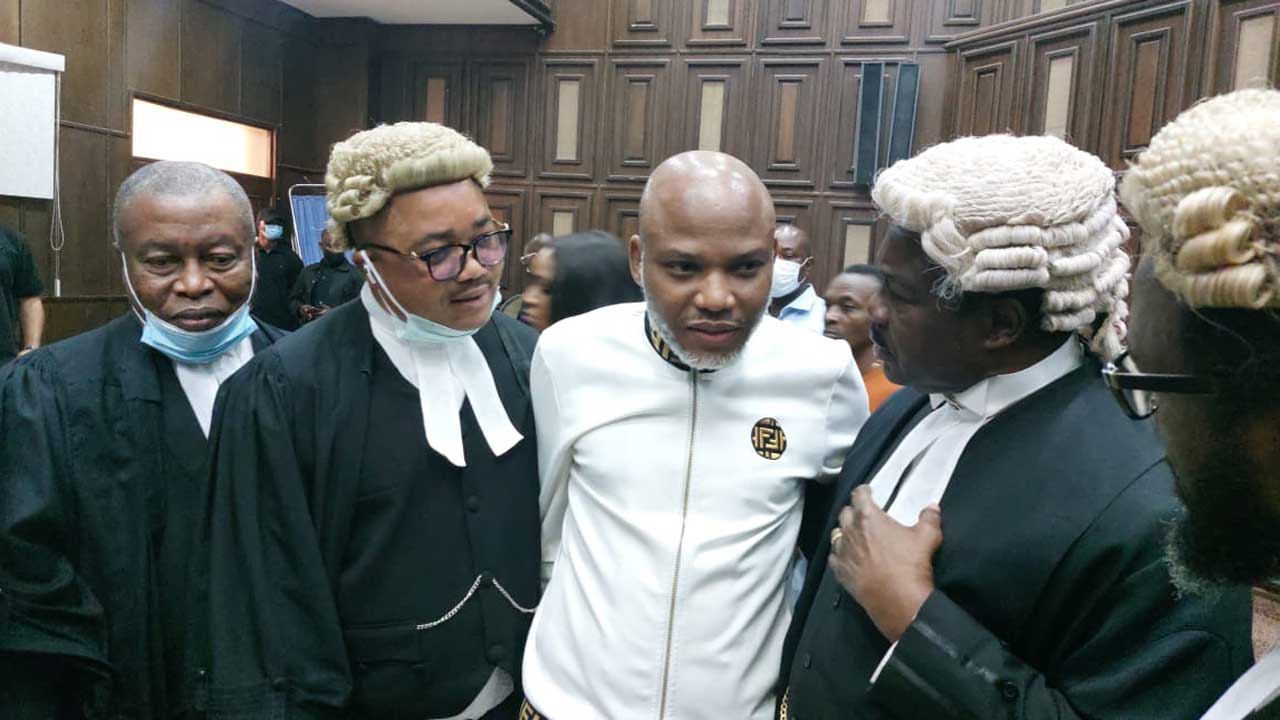Burkina Faso, Mali, Niger Disassociate From International Criminal Court
“The ICC has proven itself incapable of handling and prosecuting proven war crimes, crimes against humanity, crimes of genocide, and crimes of aggression.”

The military leaders of Burkina Faso, Mali, and Niger, united under the Alliance of Sahel States (AES), announced their immediate disassociation from the International Criminal Court (ICC) on Monday, accusing the Hague-based tribunal of failing to deliver justice for African atrocities. In a fiery joint statement delivered in Ouagadougou, the juntas—led by Burkina Faso’s Captain Ibrahim Traoré, Mali’s Colonel Assimi Goïta, and Niger’s General Abdourahamane Tchiani—denounced the ICC as a tool of Western dominance.
“The ICC has proven itself incapable of handling and prosecuting proven war crimes, crimes against humanity, crimes of genocide, and crimes of aggression,” they declared, citing the court’s focus on African cases while allegedly ignoring conflicts elsewhere.
The decision, effective immediately, halts financial contributions—worth over €3 million annually—and suspends cooperation on extraditions and evidence-sharing, though formal withdrawal from the Rome Statute requires a year’s notice to the UN. The move follows the AES’s 2024 exit from ECOWAS and reflects their growing alignment with Russia, bolstered by military support from rebranded Wagner Group units.
The juntas’ grievances center on the ICC’s record: over 90% of its indictments since 2002 target Africans, yet only 10 of 52 African cases have reached trial, with single-digit convictions. “We reject a court that prosecutes our soldiers fighting jihadists but stays silent on foreign powers fueling our wars,” Traoré said, referencing alleged Western meddling.
In response, the AES proposed a “Sahelian Criminal Court” based in Bamako to address regional crimes “rooted in African values.” Supporters rallying under #SahelSovereignty, hailed it as “decolonizing justice,” but critics warn it could shield junta abuses, including mass killings reported by Human Rights Watch in Mali and Burkina Faso. Dr. Amina Coulibaly, a Bamako-based legal scholar, expressed skepticism: “A new court sounds noble, but without independence and funding, it’s a junta-controlled mirage.”
The ICC’s Fadi El Abdallah called the move “regrettable,” urging dialogue, while the EU’s Josep Borrell warned it risks “emboldening perpetrators” in a region with 10,000 conflict deaths in 2024. Amnesty International decried a “setback for victims,” while the African Bar Association praised the AES’s “judicial autonomy.” The withdrawal could inspire other African nations to follow, building on Burundi’s 2017 exit and South Africa’s near-withdrawal in 2016. Posts on X reflect the divide, with some users decrying impunity and others celebrating a “pan-African reckoning.”
For the Sahel’s 70 million people, caught between jihadist violence and military crackdowns, the exit raises high stakes. The proposed Sahelian court aims to fill the void, but its success hinges on untested promises of impartiality. As Goïta invoked pan-African icon Thomas Sankara, declaring, “Our justice will rise from our soil,” the region braces for a future where local solutions must confront global-scale crises—or risk deepening a cycle of unpunished violence.







https://shorturl.fm/wRIns